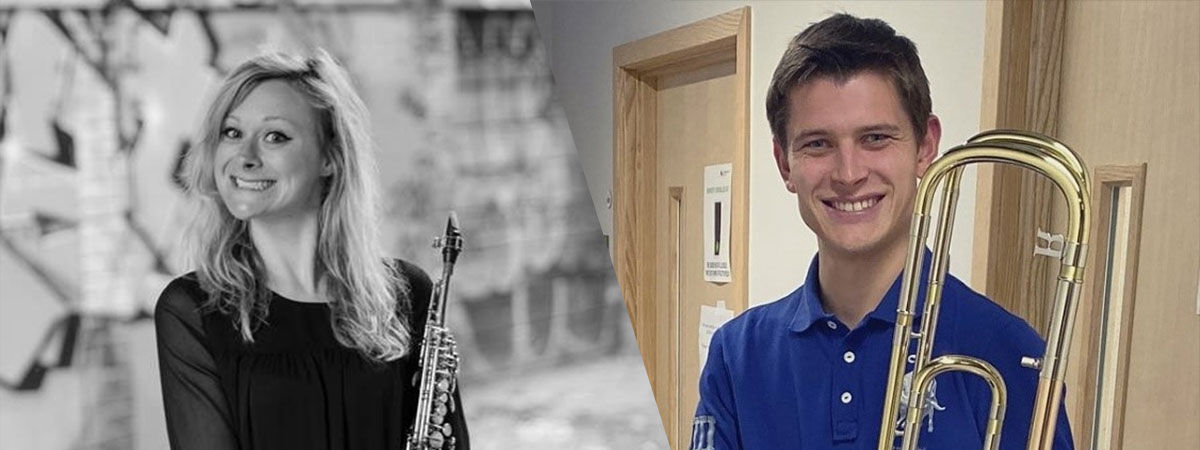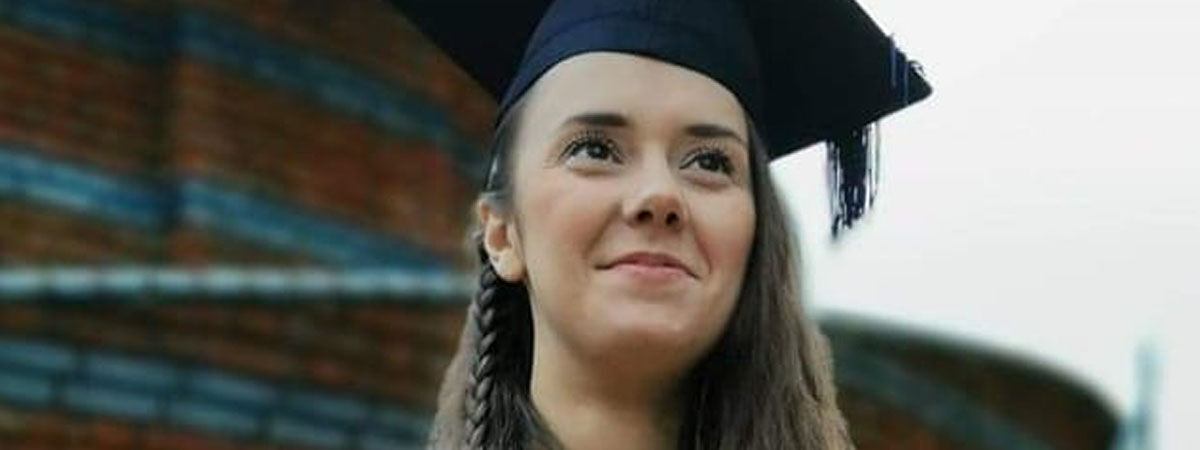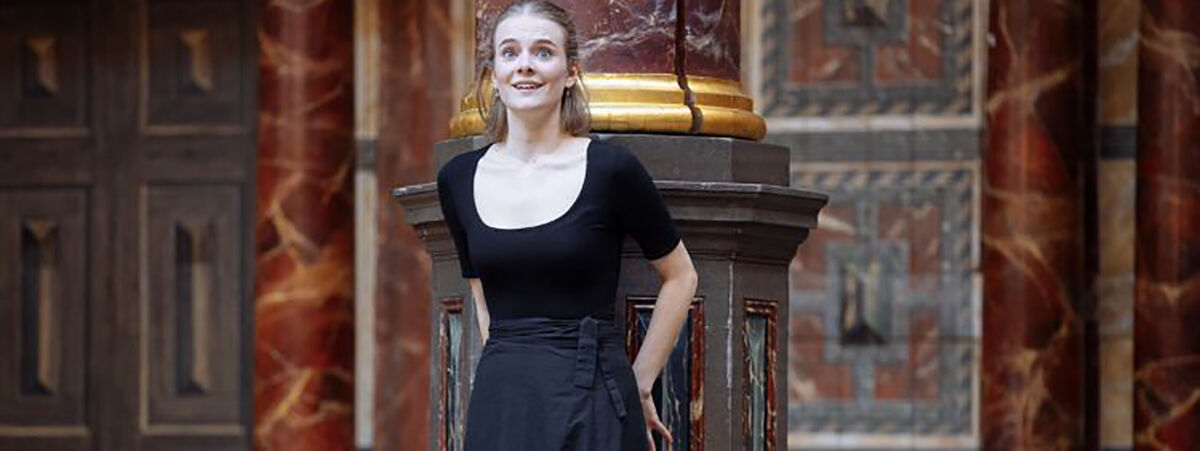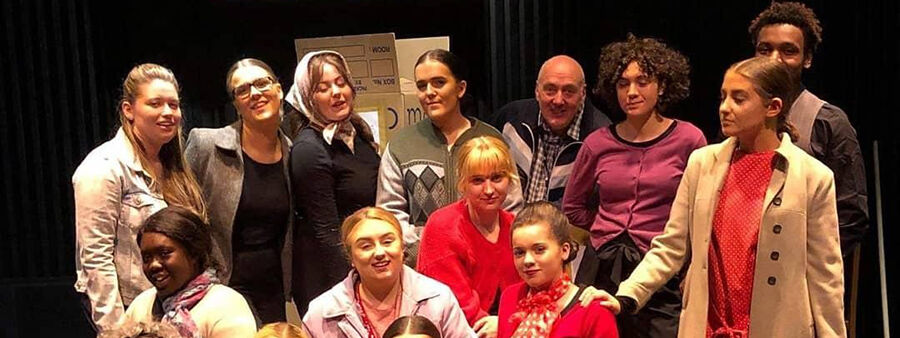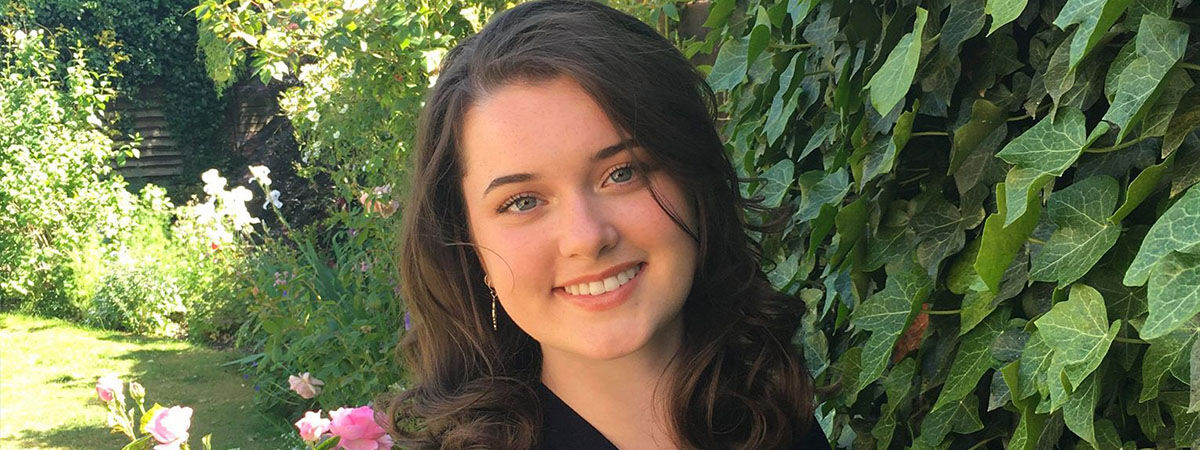Visiting Lecturer in Music at the Junior Conservatoire Elaine Ackers taught Max Ruisi at Birmingham Junior Conservatoire for seven years. Now a successful professional cellist, Max talks to Elaine about his memories and time at Junior Conservatoire.
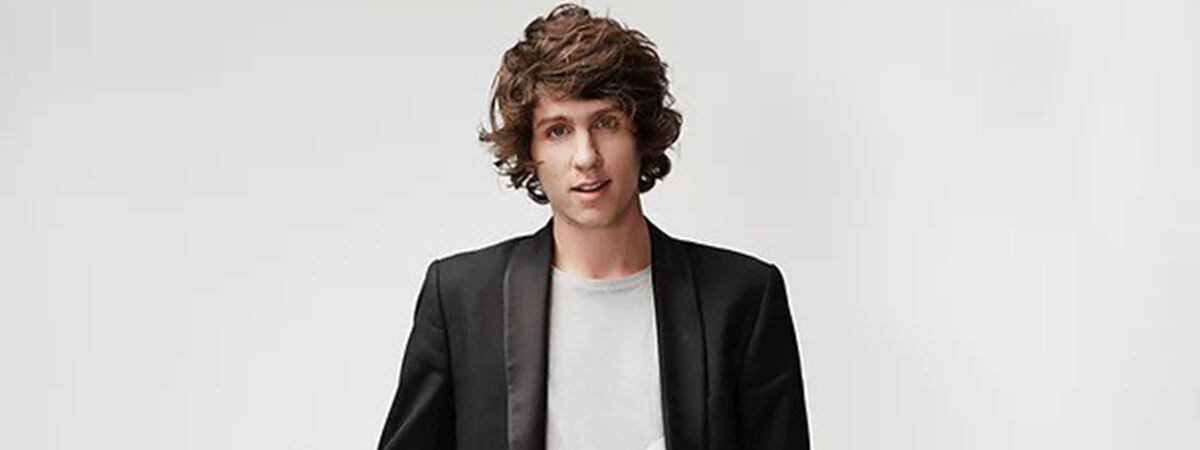
When did you start playing the cello?
I was about eight years old when I had my first cello lesson.
Why did you start playing the cello?
I was offered the opportunity while at primary school in Birmingham; a teacher came in to talk to us about it and I remember thinking that it looked and sounded super cool. I actually think that might have been the first time I was even aware it existed as an instrument! They only had space for two pupils, so I remember having to ‘audition’ by singing ‘Twinkle Twinkle Little Star’. Luckily I must have nailed it, and I was given weekly one-to-one lessons. I feel so lucky to have been given that opportunity by the state school system; that’s why it’s so important to keep fighting for music funding in schools at the moment.
When did you start at Birmingham Junior Conservatoire?
I started at the Conservatoire around the time I went to secondary school, so I must have been about eleven years old.
How do you think these formative years helped with your growth and development as a cellist and musician?
I think it’s probably not too much of an overstatement to say that if it wasn’t for the Birmingham Conservatoire Junior Department (BCJD) then I probably wouldn’t be doing what I’m doing today! Being from a very supportive but, at the time, non-musical family, it brought me into a world that was pretty much all new to me, full of new friends that felt as excited as I did about music. While I was lucky to have had the chance to learn the cello at school, BCJD gave me the opportunity to study with much more advanced cello teachers, and it was also where I first fell in love with chamber music, which has shaped my whole career.
What are your memories of your time at Junior Conservatoire?
A few things stand out to me; the excitement of concerts in the Adrian Boult Hall at the end of term, the first time I played Mozart’s Jupiter Symphony with the orchestra and just loving every second of it on stage in the concert, and the unfortunate time that there were no other male singers available and I had to step in to sing the role of Aeneas in Purcell’s opera ‘Dido and Aeneas’ – in full costume! I also have very fond memories of both my cello lessons with you and chamber music coaching with Jean Gubbins. It was during these formative years that I was introduced to lots of the core repertoire, both for solo cello and ensemble, and both of you were amazingly passionate about their work. I’ll never forget performing Schubert’s two cello quintet at St John’s, Smith Square in London after a whole year of learning it at BCMJ. I think that was one of the moments that made me realise that this was what I wanted to do for the rest of my life.
Did you practise a lot in your teenage years?
Erm... probably not as much as I should have! I think it took me a little longer than some to realise how much I loved playing the cello, and then to appreciate how much work it took to even attempt to make a career out of it. However, from the age of 12 I did practise for at least one hour every day before I went to school in the mornings – sorry Dad! As I got older I would also practise while at school, in my lunch break or afterwards. I think you were probably very patient with me, but I wish I’d worked a little harder when I was a young teenager, as it would have made life a lot easier later down the line.
Do you have any practice tips now?
I’ll never forget my last cello teacher in Birmingham, Ulrich Heinen, explaining to me that it only gets harder to find time to practise the older you get! I really understand what he meant now, and so the first thing I’d say is to try and be as dedicated as you can while you’re still at school! At the same time, the quality of the practice is much more important than the quantity, so I always try to be extremely focused and conscious of everything I’m doing when I’m practising, rather than just playing through or repeating things mindlessly. I also find it useful to have a structure of what I’m aiming to cover before I start, and then break it down into manageable chunks, so the whole thing is less daunting.
Most importantly, remember that everyone finds practice hard work or boring at one point or another. It’s ok to feel like that, and sometimes when that happens to me I try to just make myself get the cello out and play just for myself; whatever I feel like, however I want. That normally makes you realise that actually you do want to practice.
What advice would you give to aspiring cellists and other instrumentalists who would like to pursue a life in music?
If you feel like you really love playing and performing and it gives you a feeling that nothing else can, then go for it. Throw yourself in and explore as much as possible while you’re young; go to concerts, play as much as you can, watch and listen to stuff online, and try to find like-minded friends that you can share it all with. Be prepared to work really hard and maybe miss out on some stuff that your other friends are doing, but it’ll definitely be worth it. I’ve had so many incredible experiences growing up through music; going on tours to other countries, making friendships for life – you won’t regret it. Also, don't be afraid to send an email and approach people for help – if you don't ask you don't get.
You are a highly successful professional cellist. Are there any other qualities you feel you have and need to follow this path?
Yes, definitely. First of all, it’s important to work extremely hard as an instrumentalist to make sure you’re playing at the very highest level. But on top of that, it’s equally important to develop other areas of your life that make you ‘you’, and different to all the other scarily-talented cellists out there. I’ve always been a very sociable person – probably having a bit too much of a social life in my teens – but that’s turned into a very positive thing in my career – as I meet lots of people and have developed lots of contacts easily. That goes hand in hand with being pro-active, which is also hugely important in today’s musical landscape. If you’ve got ideas, work hard to make them happen. Also, I have to be extremely well organised now; something that I definitely had to develop as it didn’t come naturally to me. Being well organised and reliable are both absolutely key in pursuing a career in music.
What inspires you to keep going in these precarious times?
I honestly feel like music and the arts are more important now than ever. It makes you realise how vitally important it is to create, perform and share to bring happiness into the world! It’s also motivating to see musicians take a more hands-on, creatively DIY approach to making and sharing music, rather than relying on old-fashioned and outdated models of formal concerts and recordings.
What other interests/hobbies do you have other than cello and music?
I’ve always felt incredibly lucky that music still feels like a hobby to me in many ways; honestly nothing makes me happier than my job – most of the time! I’m also glad that my career allows me to do much more than just play the cello, including working with film directors and composers, meeting artists from different disciplines and coming up with programmes and new performance ideas. Saying that, it’s always healthy to step away from it sometimes, and I really enjoy going out running a few times a week, long-distance road cycling and hanging out with friends.
So what are you working on now?
My career is split into three main elements these days. I'm in a string quartet with my brother, Alessandro, called the Ruisi Quartet. In normal times we have a busy concert schedule throughout the UK and Europe. We made our full debut at the Wigmore Hall about two years ago – a dream come true. Last year we were one of only 10 quartets in the world that made it through to the Banff International String Quartet Competition in Canada.
I'm also Artistic Director and Principal Cellist of The 12 Ensemble, an un-conducted string orchestra I founded in 2012. I always loved playing music in this way, but there wasn't an orchestra like it to join in London when I graduated from music college, so I set one up! We're now regarded as one of the UK's leading chamber orchestras, and this year will be performing live at the BBC Proms for the second year in a row.
I also freelance when I have time, and that has included anything from recording with modern artists like Billie Eilish and Radiohead, playing on James Bond film scores or guest-leading with orchestras such as the Britten Sinfonia and the London Contemporary Orchestra.
